Weird New Superfoods for Weight Loss
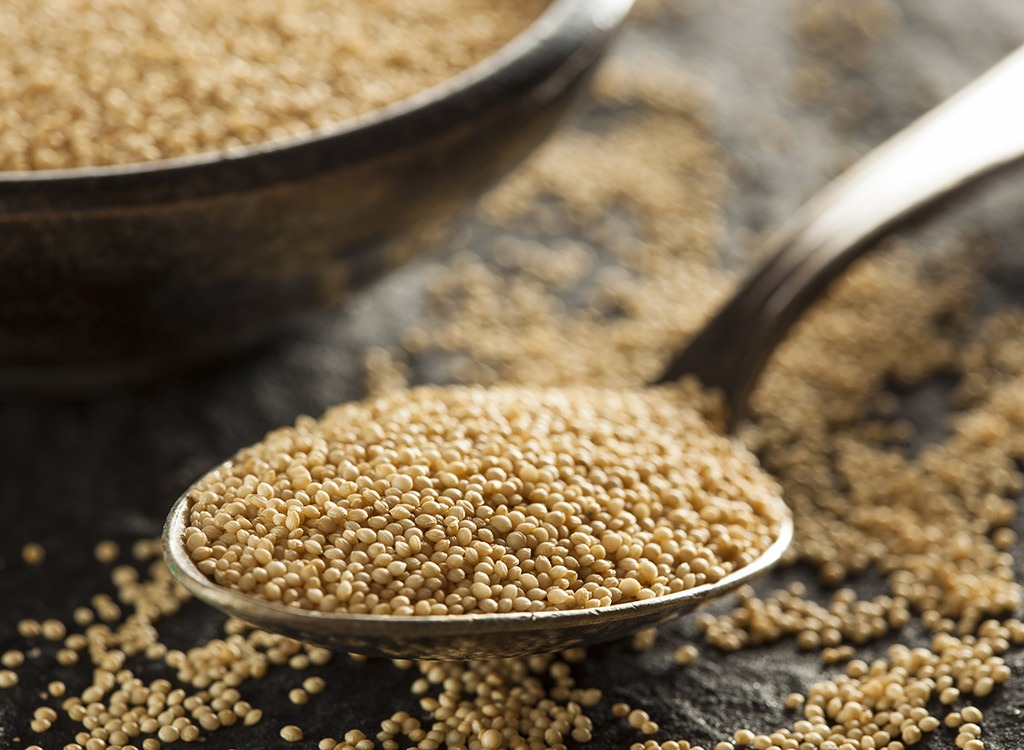
UV-Exposed Mushrooms
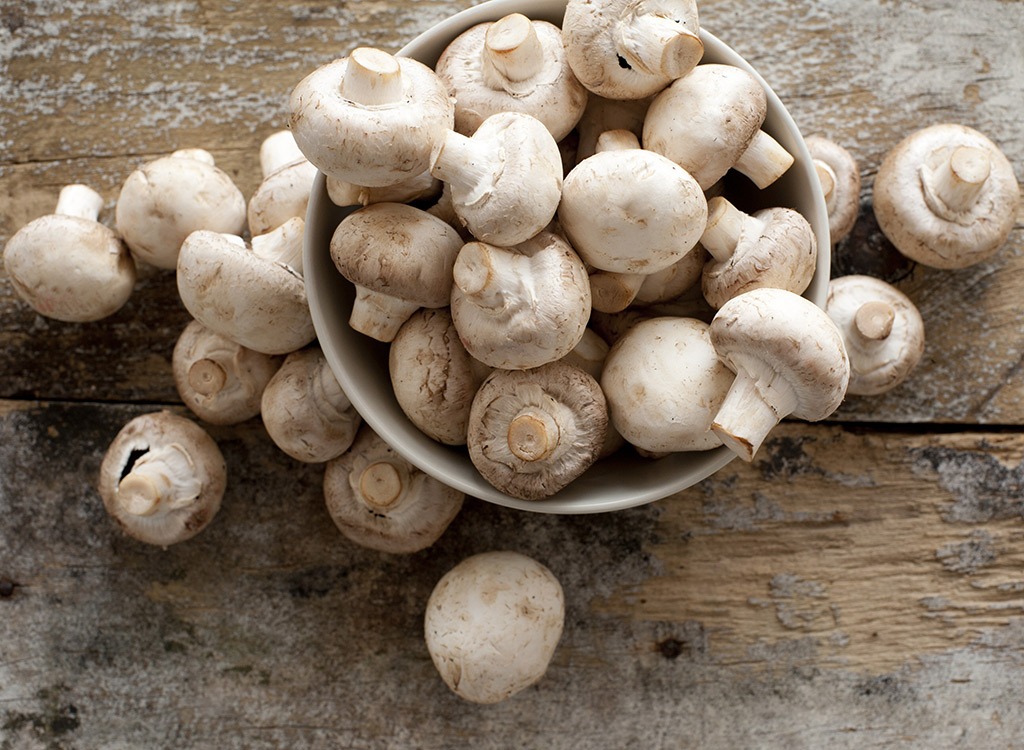
Studies have linked vitamin D to lower rates of depression and a stronger immune system (and many more major health benefits). But nearly all dietary sources of D are animal-derived, says Nyree Dardarian, M.S., R.D., director of the Center for Integrated Nutrition & Performance at Drexel University. But mushrooms, especially those exposed to ultraviolet light, are a rare non-animal source of D. Just look for a mention of UV exposure on the label, Dardarian suggests. Mushroom powder is also a great way to supercharge your smoothie, she adds. Not a fan of mushrooms? No worries! Pick up a vitamin D supplement.
Amaranth
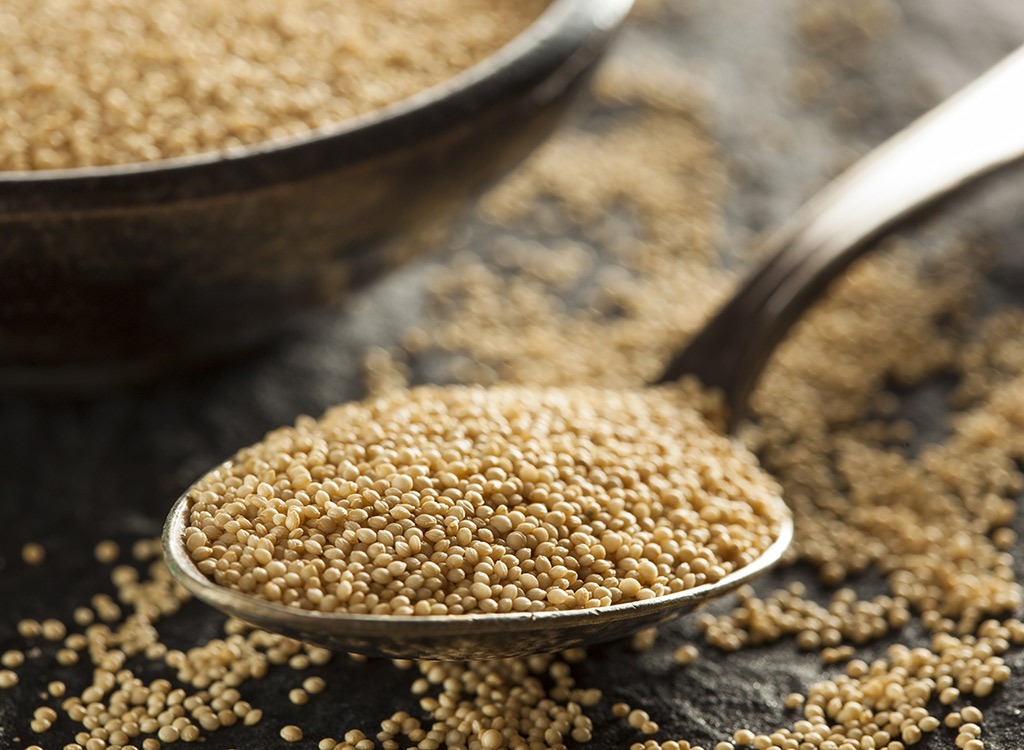
Quinoa isn't the only "ancient grain" that comes loaded with health perks, says Joy Dubost, R.D., a food scientist and spokesperson for the Academy of Nutrition and Dietetics. Amaranth is a good source of digestion-aiding fiber, as well as antioxidants and B vitamins, she says. "Kamut, spelt, and buckwheat are also healthy ancient grains," she adds. These grains also make perfect substitutes for your morning oatmeal.
Maca
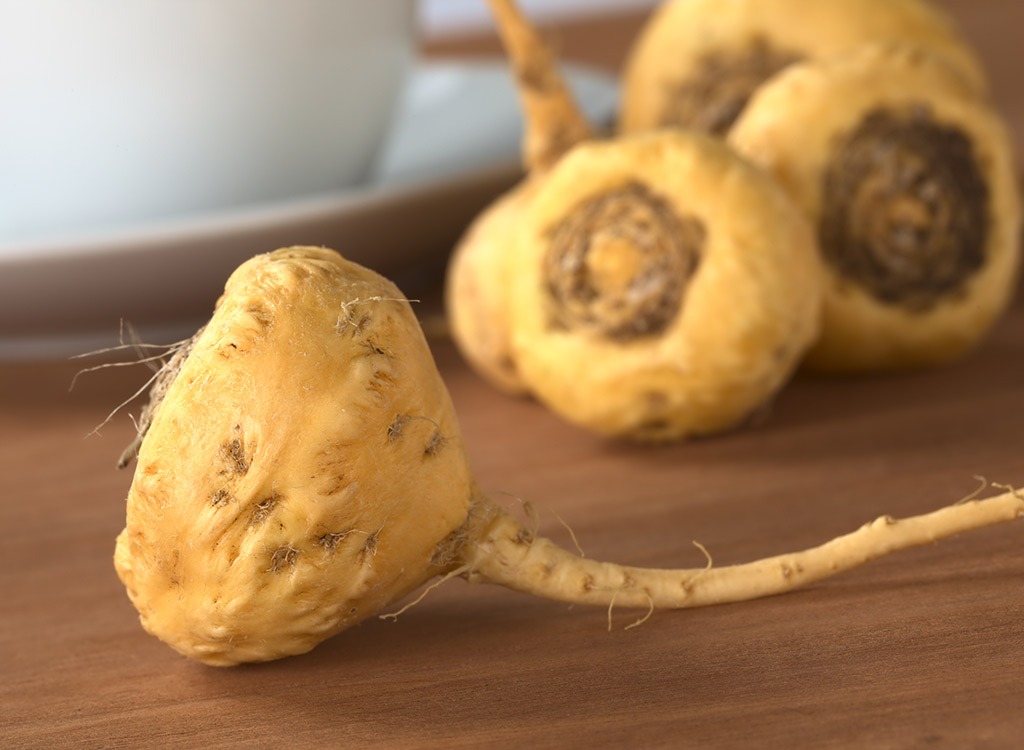
This Peruvian plant, which is small and round and looks a little like a turnip, is rich in amino acids, phytonutrients, and a number of vitamins and minerals, says Manuel Villacorta, M.S., R.D., author of Whole Body Reboot. Maca also aids adrenal function, meaning it can pump up your energy levels while reducing stress, Villacorta adds. Powdered maca may be easier to find (and easier to add to your diet) than the plant itself.
Mustard and Collard Greens
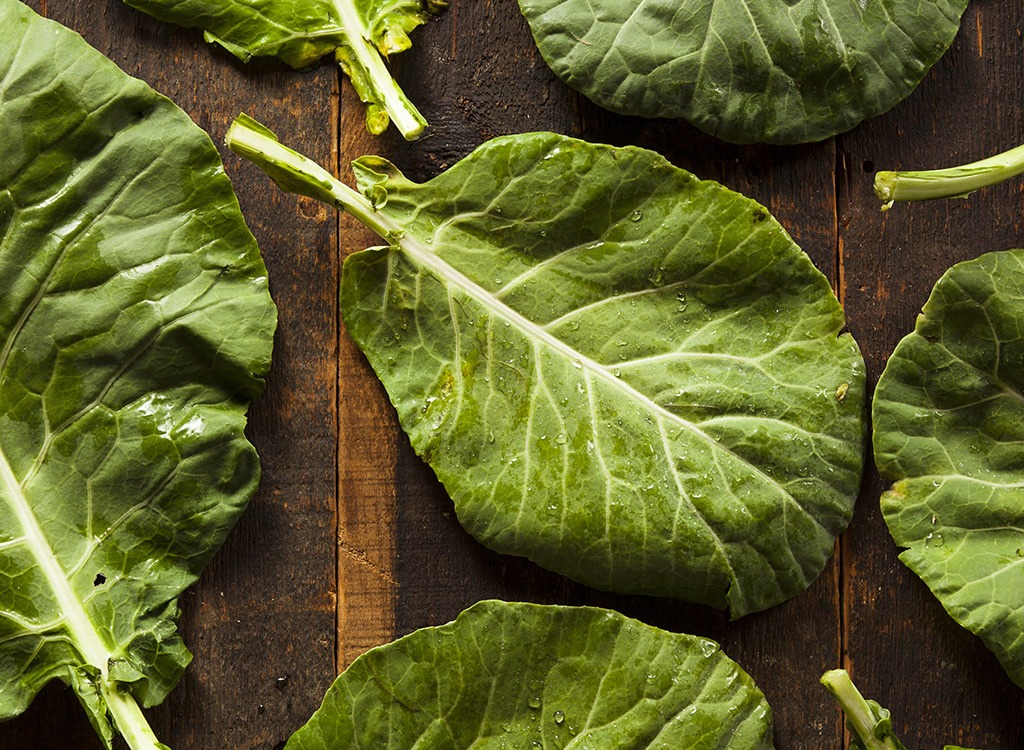
Dubost says mustard and collard greens are awesome sources of vitamin C and potassium. They're also a nice change of pace if you're burned out on kale salads. And if you're feeling really adventurous, try adding or substituting them into smoothies.
Root Veggies
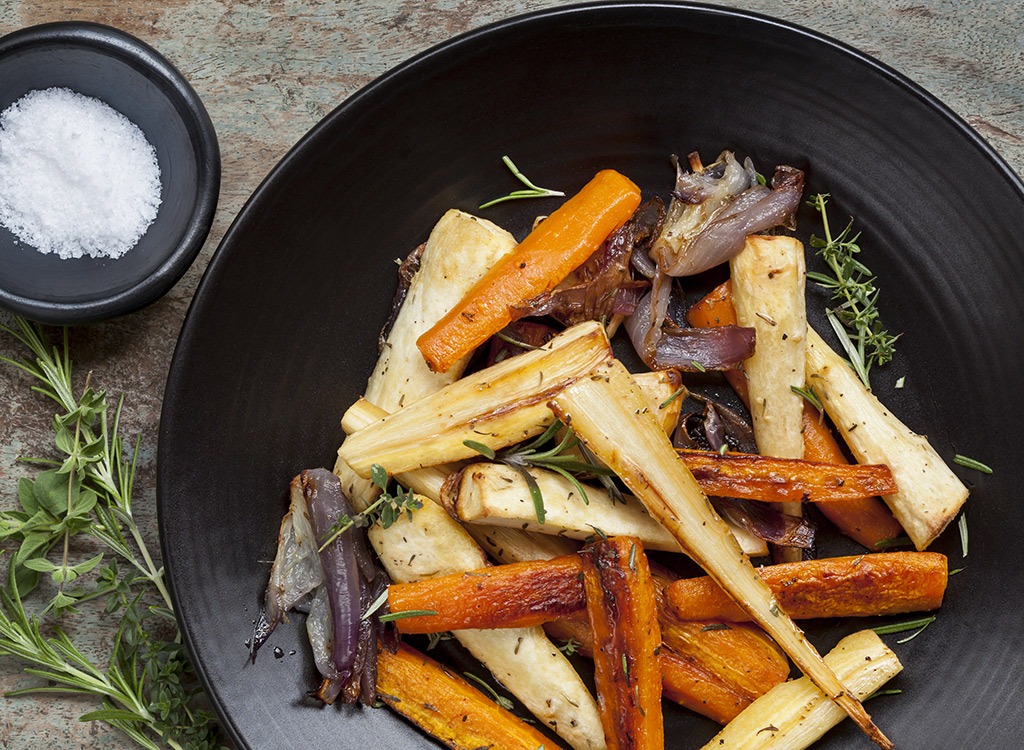
Sweet potatoes have had their moment. Other root vegetables—such as parsnips, turnips, and rutabaga—are easy to find, easy to prepare, and offer lots of folate, as well as vitamins A and C, Dubost says. In addition to this, studies have found root vegetables, like beets, boost blood flow to the brain—so start adding them to your daily diet.
Sacha Inchi
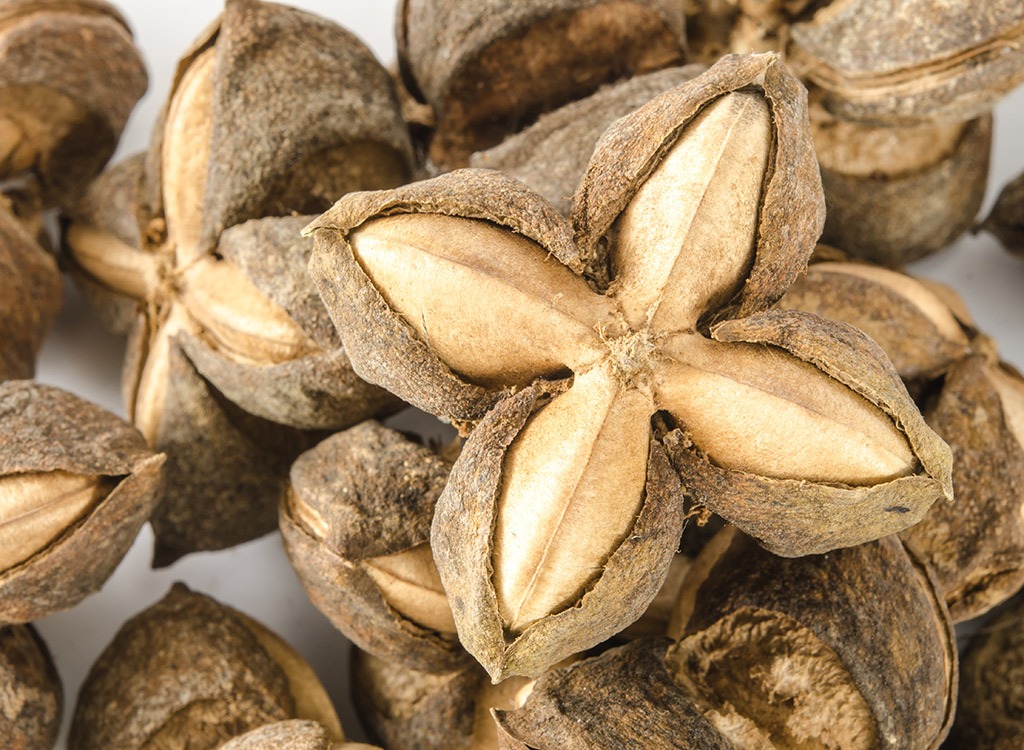
Sacha Inchi contains more omega-3s than any other seed on the planet, Villacorta says. He suggests eating it whole or buying it pressed as oil.
Lucuma
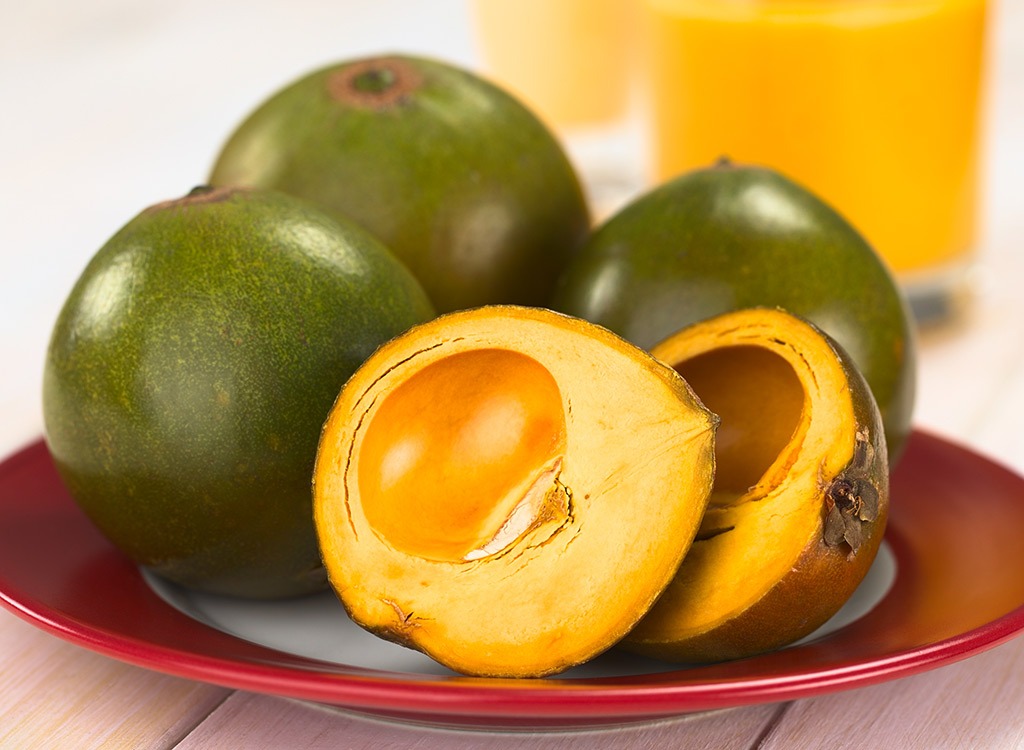
This sweet, tropical fruit has a low glycemic index and is a great source of antioxidants, fiber, vitamins and minerals, Villacorta says. It's also packed with beta-carotene, a flavonoid that has strong anti-oxidant and anti-cancer properties, he adds.
Camu Camu
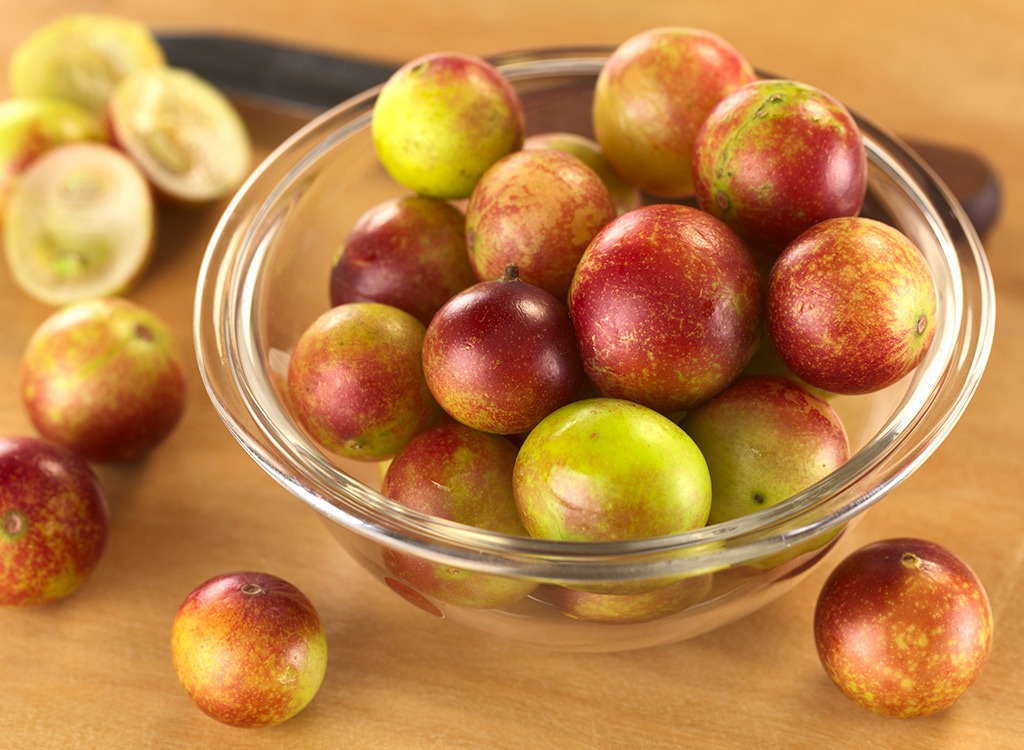
Another tropical fruit that's often sold as a powder, camu camu is one of the world's most potent sources of vitamin C, Villacorta says. It also contains healthy carotenoids and anthocyanin—both of which have been linked to disease prevention. Take your morning smoothies to the next level camu camu.
Heirloom Apples
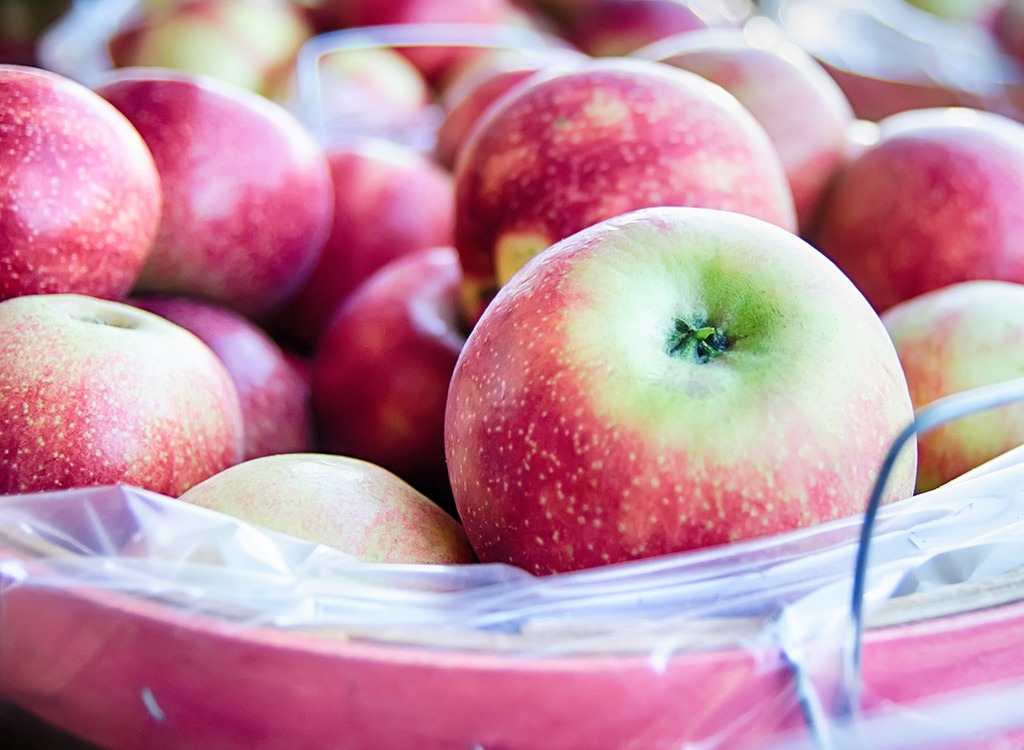
Branch out from your trusty Granny Smiths and Galas. There are hundreds of varieties of organic "heirloom" apples that are increasingly common at farmers' markets and high-end health food stores. They'll cost you a bit more, but you'll be rewarded with new and exciting flavors, not to mention lots of soluble fiber, vitamin C, and a wider variety of antioxidants, Dubost says.
Pichuberry
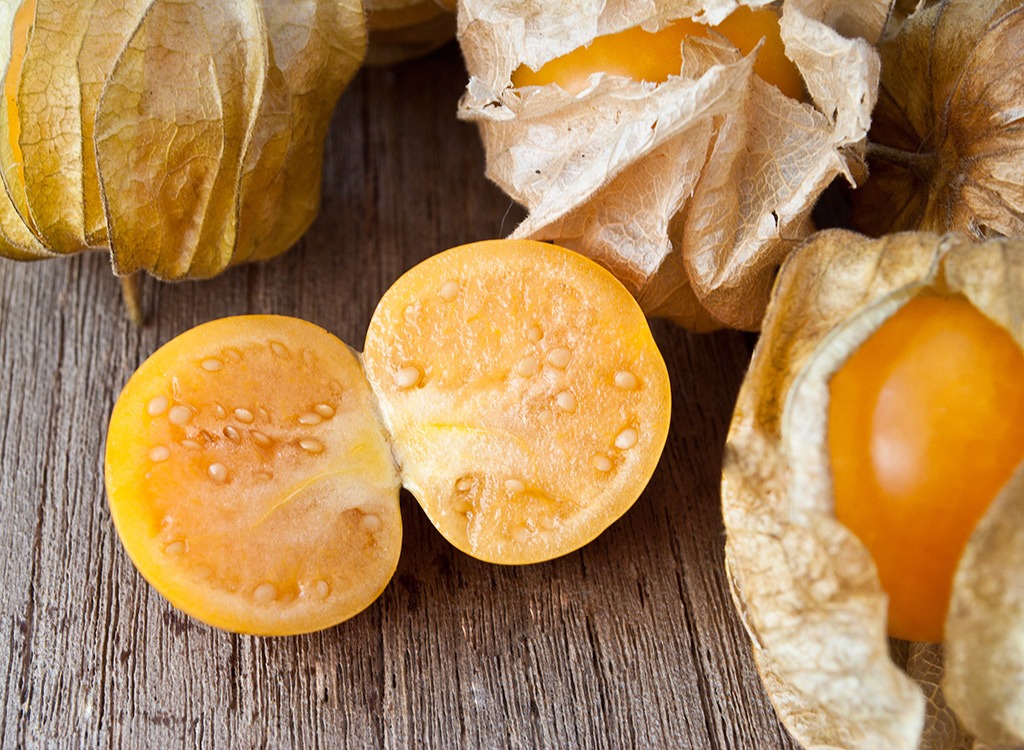
Another non-animal source of vitamin D, pichuberry contains rare phytochemicals called "withanolides," Villacorta explains. Withanolides have been linked to slower cancer cell growth and lower levels of inflammation, he says.
Courtesy of Shape.com








